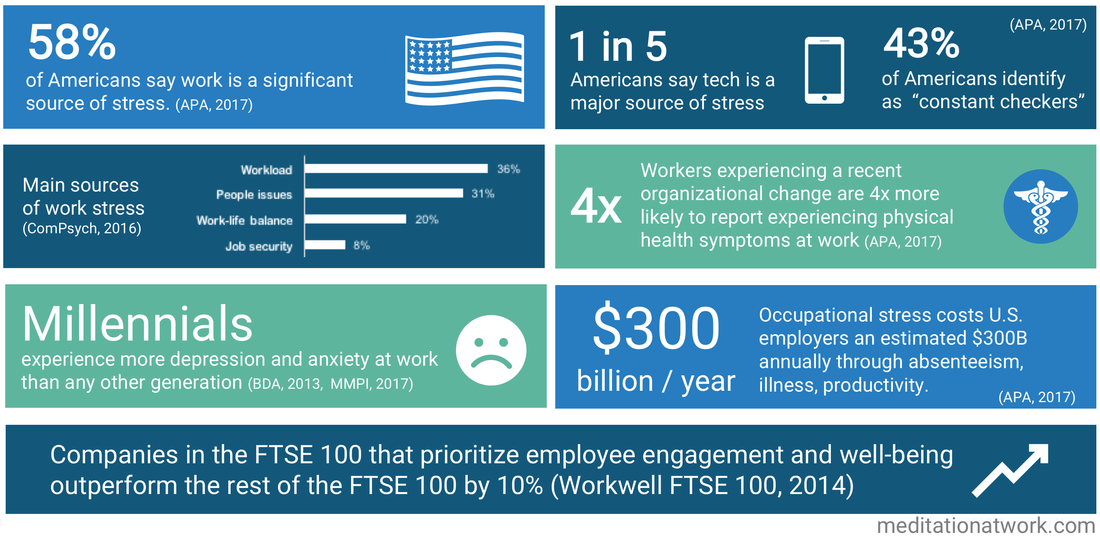In today’s competitive society, with its blitzkrieg of advertising, nonstop stimulation, and high cost of living, it’s easy to lose sight of the fiery passion and purpose we once held in our youth. Does this story sound familiar? At one time you had dreams of a better world and fantasized about the role you would play in seeing that vision through. But then things got complicated. The reality of paying rent, putting food on the table, creating financial stability, and all the other complications and distractions that come with “adulting” came into play.
The result was that you were forced to take roles in companies that failed to stimulate your imagination, your drive, and the vision of your purpose. The dream that was once so palpable—day after day, week after week, year after year—receded into the distance like a boat sailing towards the horizon. As your energy and drive towards the fruition of your dreams diminished and the dream slowly faded into oblivion, you fell deeper and deeper into a slump of resignation. But that’s the old paradigm.
For a moment, let’s consider a new paradigm: what if you worked for a company that supported your dreams? What if the company you worked for became the co-producer of the dream project you always wanted to create but never had the circumstances or courage to turn into a reality?
From Dreams to Reality
For most people, if they had to choose between sacrificing their financial stability and their dream of climbing Mount Kilimanjaro, collaborating with an NGO, or creating a volunteer program to help inner-city children read, chances are more than likely they would choose financial stability. But imagine a corporate culture—better yet, a society—that supported you by helping you turn your dream into a reality.
Just as Howard Schultz created the third space between the home and work, Ariana Huffington suggests we need a third metric to measure success. “To live the lives we truly want and deserve, and not just the lives we settle for, we need a third metric, the third measure of success that goes beyond the two metrics of money and power, and consists of four pillars: well-being, wisdom, wonder, and giving.”
The bottom line is, if you loved your work environment, the projects you were working on and had the chance to include your dream in your schedule—you would do it in heartbeat. Not only would your output increase, but so too would your loyalty and enthusiasm towards your employer. If CEO’s and leaders of organizations and companies adopted this idea of becoming co-producers of their employee’s dreams, these companies could benefit in countless ways.
What’s in it for organizations?
It’s no secret that employees of most companies eventually experience boredom, burnout, and absenteeism. Beyond the obvious fact that in today’s competitive business landscape it’s easy for employees to hop from one job to the next, the loss to companies’ bottom lines can result in the billions.
Here are a few significant numbers relating to stress and exhaustion:
- USA: $300 billion in lost productivity annually to employers due to workplace stress [Ref]
- Only 13% of employees are engaged at work –> Cost to US companies: Approx. $450-$550 billion annually [Ref]

A research report by The Society for Human Ressource Management (SHRM) reveals the total cost of Absenteeism as a percentage of payroll:
On the flipside, studies have revealed improved results in the workplace if the employees are happy, fulfilled, and motivated.
For instance,
- Happiness leads to an average of 31% more productivity and 37% higher sales and a 12% increase in productivity.
- Unhappy workers are 10% less productive than content employees. [Ref]
If an employer could empower their employees to pursue a co-financing passion side project, the impact to the company’s bottom line would far outweigh the minimal investment by increasing loyalty, decrease turnover, and increase efficiency. And this has to go beyond Google’s “20% time,” which encourages employees to spend 20% of their time on a passion project that benefits Google. Many employees report this turns into a dirty little secret called 120% work time. And let’s be honest—pool tables, arcade games, and free food are nothing more than short-term cosmetic fixes.
It’s never too late (to make your dream come true)
Every day people leave their job to create their dream life, but what if companies didn’t have to lose their best-performing employees in the pursuit of their dreams? The truth about today’s works is the collective consciousness is searching for a deeper meaning to life, rather than just a paycheck and the things you can buy with it. As a result, more and more young talent are saying no to the status-quo workplace. Instead, they choose the freedom freelancing and consulting provides them to pursue their other passions. So why not give them a reason to achieve their mission, vision, goal?
The bottom line is, by investing in employees dreams and visions, companies can avoid losing money by having to hire and train new people. We all know that a satisfactory work environment, along with visible appreciation, are keys to happy employees—and happy employees are the key to a thriving business. So, whether leaders allow their employees to learn something new, participate in sports or personal challenges, or undertake a project they are passionate about, the company will become a change catalyst.
If this change were to truly happen, employee satisfaction would then be measured by new factors—empowerment, understanding, and inspiration.
This is the reason why I am starting The Never Too Late Project. Our mission is to
Inspire people to realize it’s never too late to start a project, to reconnect with their inner force of wisdom, and to have organizations they work for finance or offer time off to achieve it.
Are you in? Do you want to get involved? It is never too late to start believing that dreams can be achieved. This is the future of thriving companies and happy employees!


